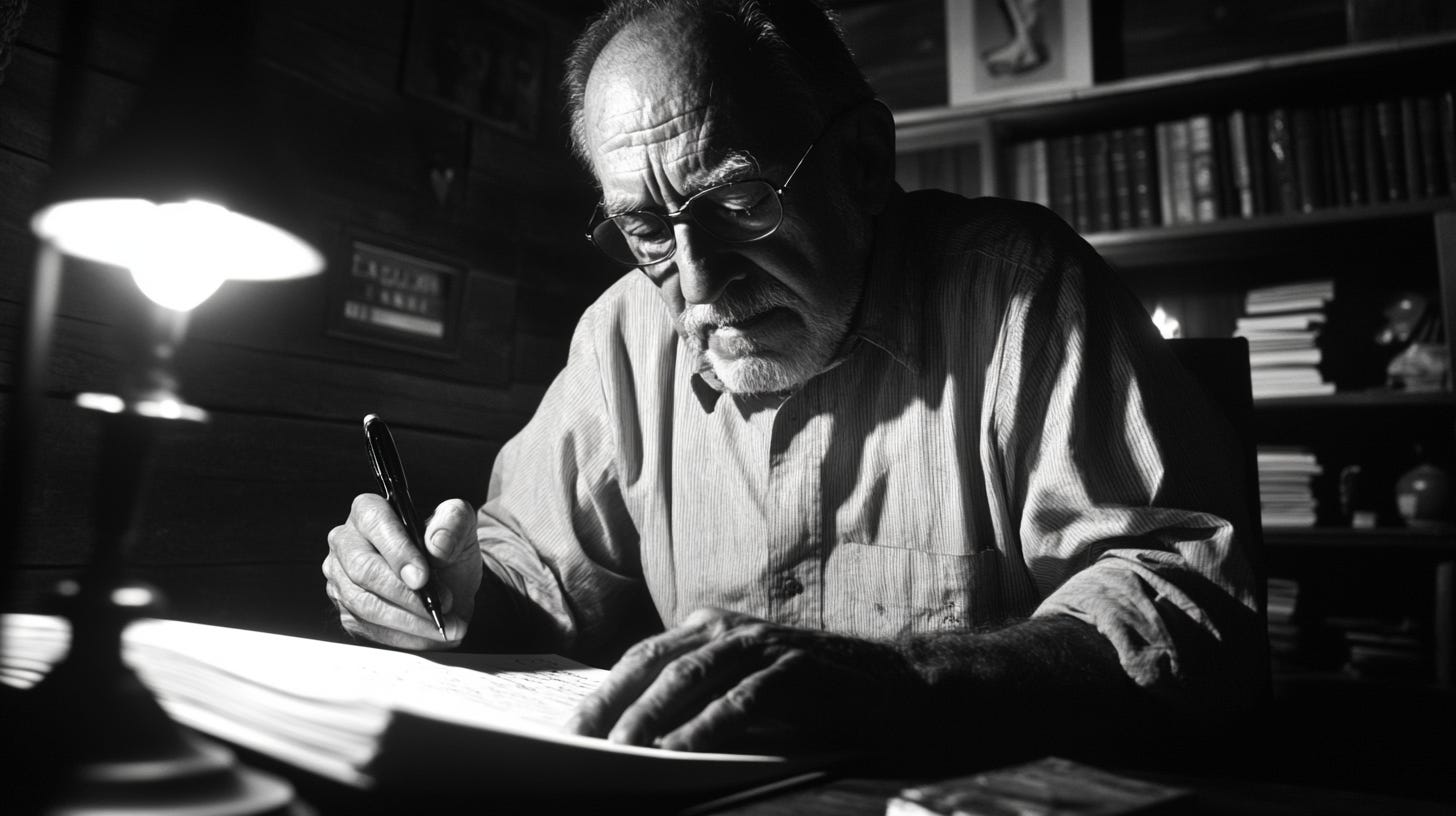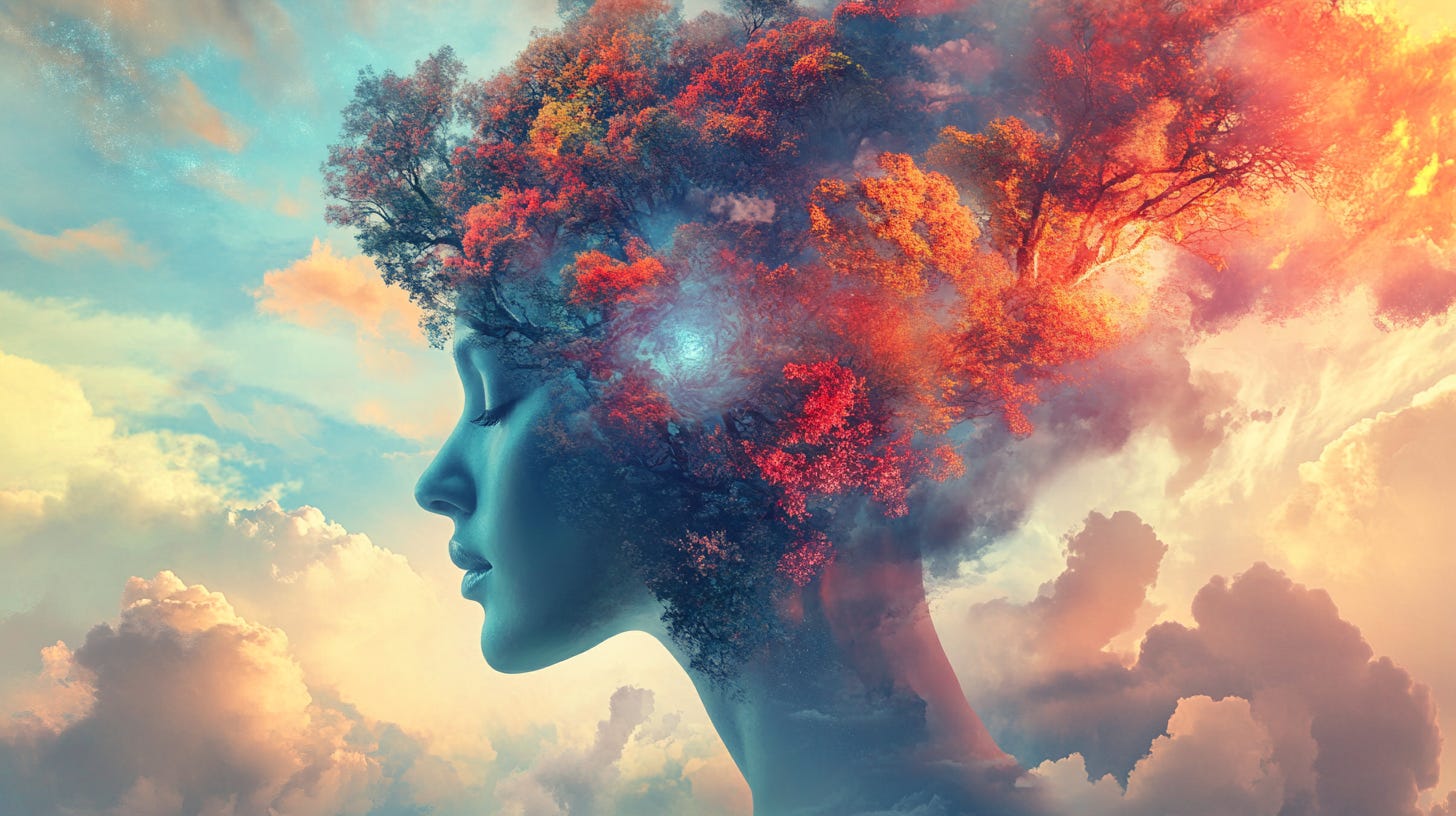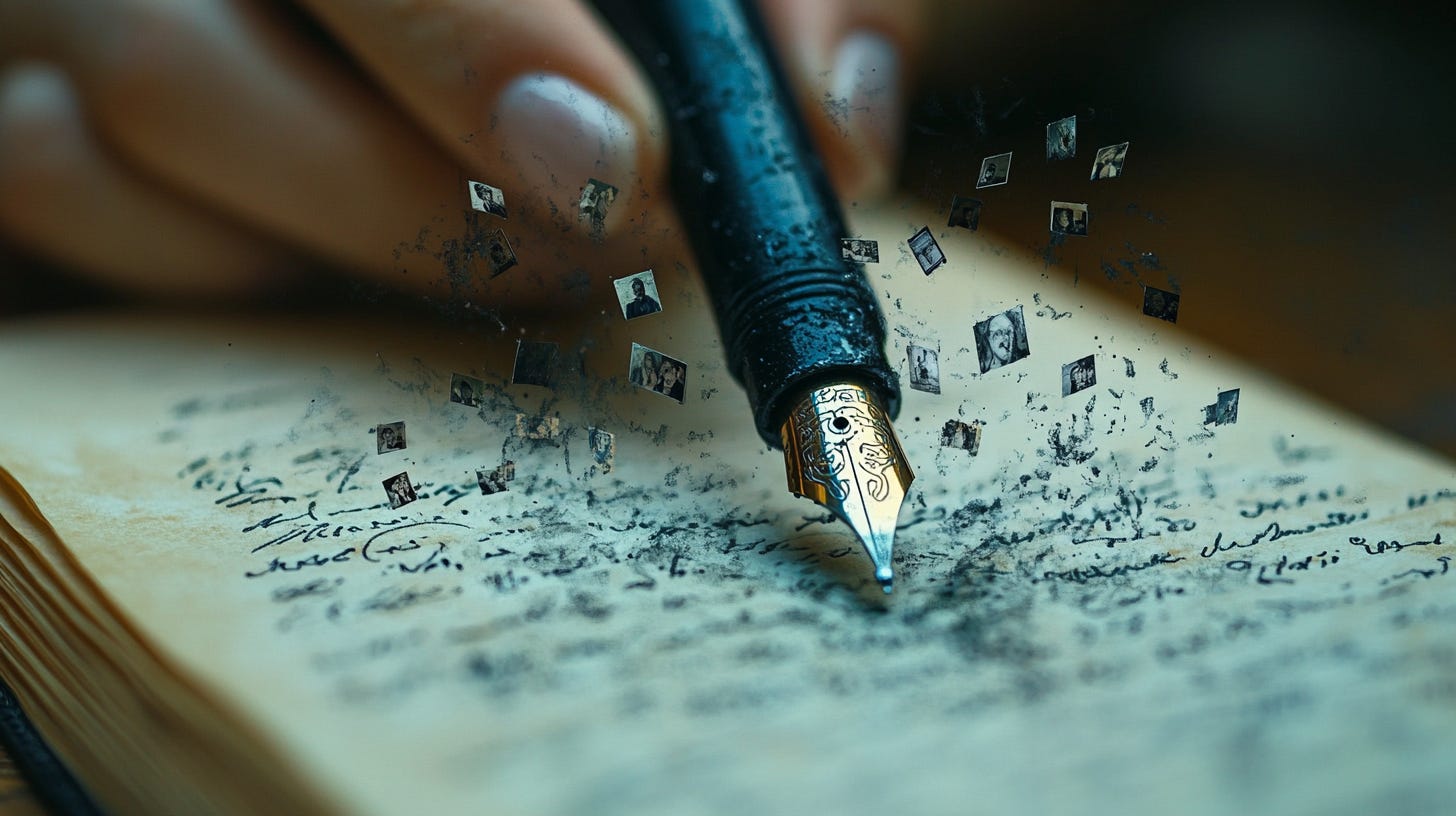Don’t want to read? Watch this article on YouTube!
________________________________
Being a creative filmmaker is tough, even in the digital age. If you want to be the next Chris Nolan you need content that people want to watch, which means you have two options: Find good screenplays or write good screenplays.
Finding the good ones, though, is tough, and they’re expensive because it’s hard to write them and not many people can do it. And those good writers? Well...They need to eat and want to get paid handsomely for their insanely hard work.
So it’s no surprise that the ones who can afford the great writers and their screenplays are big production companies. That’s why all the good stuff gets concentrated on their side of the industry, handled by professionals most capable of turning those stories into profits. The only way to obtain great scripts, yourself, is by freak accident through heavy networking and gig work. That or be super-rich and buy the unproduced content.
There’s a third option, however. Roll up your sleeves and learn how to write good content yourself. But doing this is very challenging because it requires a lot of time, energy, and patience to have a shot at writing something worth filming.
A lot of people spend their entire lives trying to figure it out and fail miserably even though they read all the great scripts, studied under the best professionals, wrote script after script after script, and more or less went through every unimaginable hoop to make it as a writer. While there are numerous reasons why more writers fail than succeed, one major factor could be that most writers aren’t maximizing their ability to make their ideas more unique and creative. But is it possible to do this or are we born with this ability?
Some people might naturally be better at creativity than others, just like anything, but also just like anything, if you’re a fully functioning person who happens to live in a stable country where your basic needs are met, you can get better at it, too. And, by improving your creativity, you can give yourself that extra edge, which could mean the difference between having a shot or falling to the wayside...So, how do you enhance your creative abilities? Well, it actually might be a lot easier than you think.
How We Create and What It Means for Storytellers
Let’s first look at how we create ideas. Scientists recently discovered three neural networks responsible for producing creative ideas. This is known as the Default Mode Network (DMN), which allows us to piece together past experiences in different variations. So in other words, the things we’ve watched or read and experienced in our past are all broken up and re-combined to form the stories we create. It isn’t easy to see it this way because our ideas feel so new and different compared to the ones we obtain from other sources.
If our creativity stems from the DMN Network, then as a filmmaker you only need to do three things to be more creative with your stories. Learn how to write well, but beyond that, immerse yourself in media and go live your life!
Start watching a bunch of movies across genres and periods. Listen to heavy intellectual podcasts about anything and everything. Start reading but not just fiction, even though it’s a great way to learn from the pros while losing yourself in the story. But if you want to enrich your stories and develop your “writer’s voice”, you need to read a lot of nonfiction. Read as much as possible in many academic disciplines because it will enhance your understanding of the world outside your personal experiences.
You can then take this knowledge and express observable truths that can be argued in your characters and plot so that your audience can feel and experience the philosophy of what you’re trying to discuss without actually discussing anything. I mean, that’s the whole point of a story. It’s what makes them so enjoyable because we’re not sitting in a lecture hall listening to a 3-hour talk. We’re watching an exciting movie where characters do things and crazy stuff happens. But, the action and dialogue are happening in a way that connects back to the larger point of the story or the central message, which is all crafted by the knowledge one accumulates about the world.
That’s what we mean when we say, “writer’s voice”. It’s not the dialogue from the characters, but rather the compilation of everything and all the choices you make to drive home that deeper point. So, read lots of non-fiction to create deep and meaningful stories. Otherwise, they’ll have a lot of bark and not enough bite.
But it would be best to go beyond media consumption because, no matter how much you read or watch, it can never replace experiencing the real thing. The real thing is all-immersive. It leaves one with a deeper understanding of the experience, which as a writer, you can use to develop that emotional complexity you want your characters to embody.
So go out on that date you think will end miserably. Go on that trip with your friend even if you think it will suck. Get that back-breaking blue-collar job instead of that film job at the advertising agency. Hang out with different people in different scenes and different classes. Go to that part of the city that’s a little too dangerous or that town that’s a little too safe. Go out and explore! And develop relationships along the way. But most of all, listen to everyone whether you love em or hate em. It doesn’t matter if you agree with them because the point is to try and gain valuable knowledge from the experiences themselves.
Conclusion
Doing these things probably won’t turn you into Charles Bukowski, but at the very least, it’ll give you memories, which you can then dice up and reinvent in your stories. Combined with media consumption, you can significantly expand your creative palate, which can strengthen the meaning and significance of anything you create.
So no matter what, if you truly want to create a great script and turn that into a great film, learn how to do it technically, network, collaborate, figure out how to get funding, and consume as much media as possible...But above everything, live your life! Your future self will thank you.
__________________________________________
Story Prism, LLC









